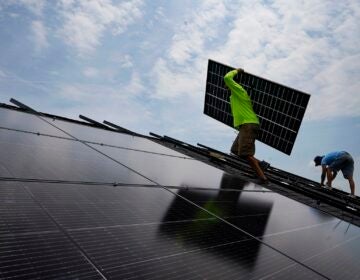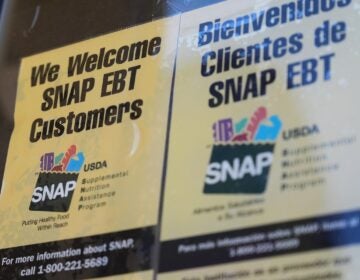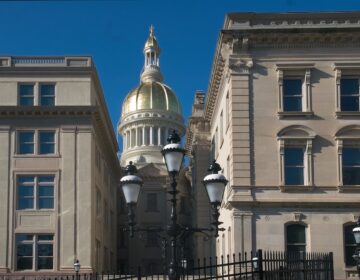Philly beverage tax a case of trickle-down economics
Listen-

-

-

-

-

-

-
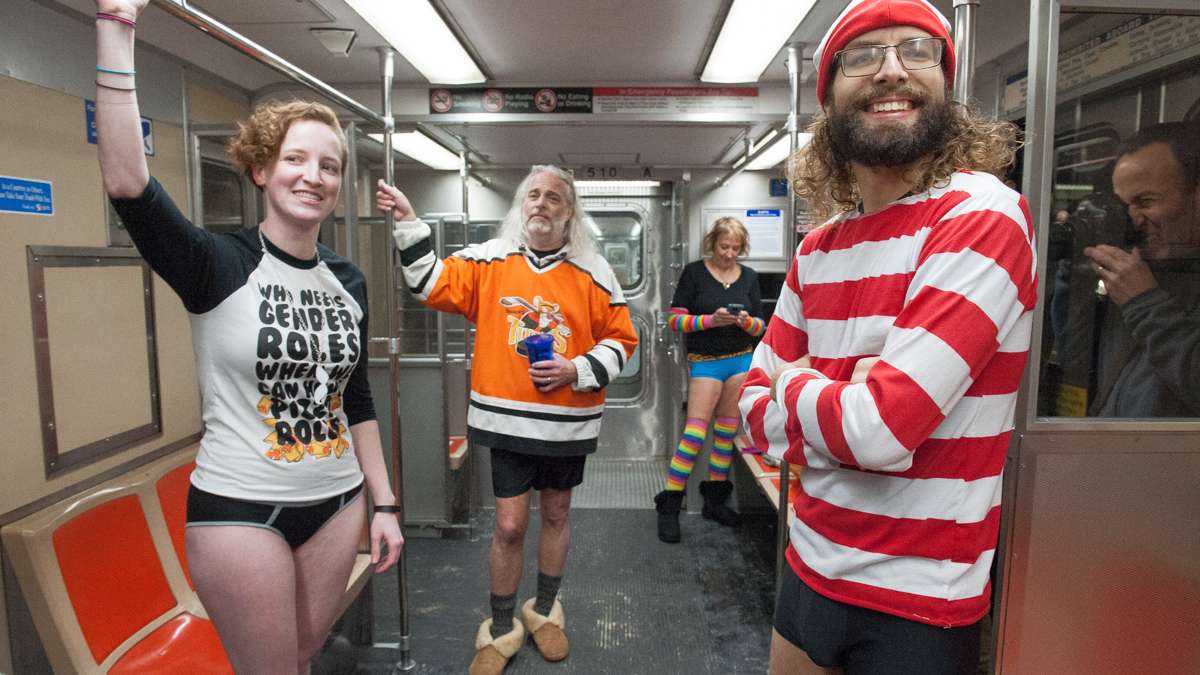
From left Koryn, Andrew Kerr, Peggy Kerr and Waldo watch the No Pants participants celebrating on the Broad Street subway. (Jonathan Wilson for WHYY)
-

India White (left) and Darnell Squire descend the escalator at the AT&T subway station.(Jonathan Wilson for WHYY)
-
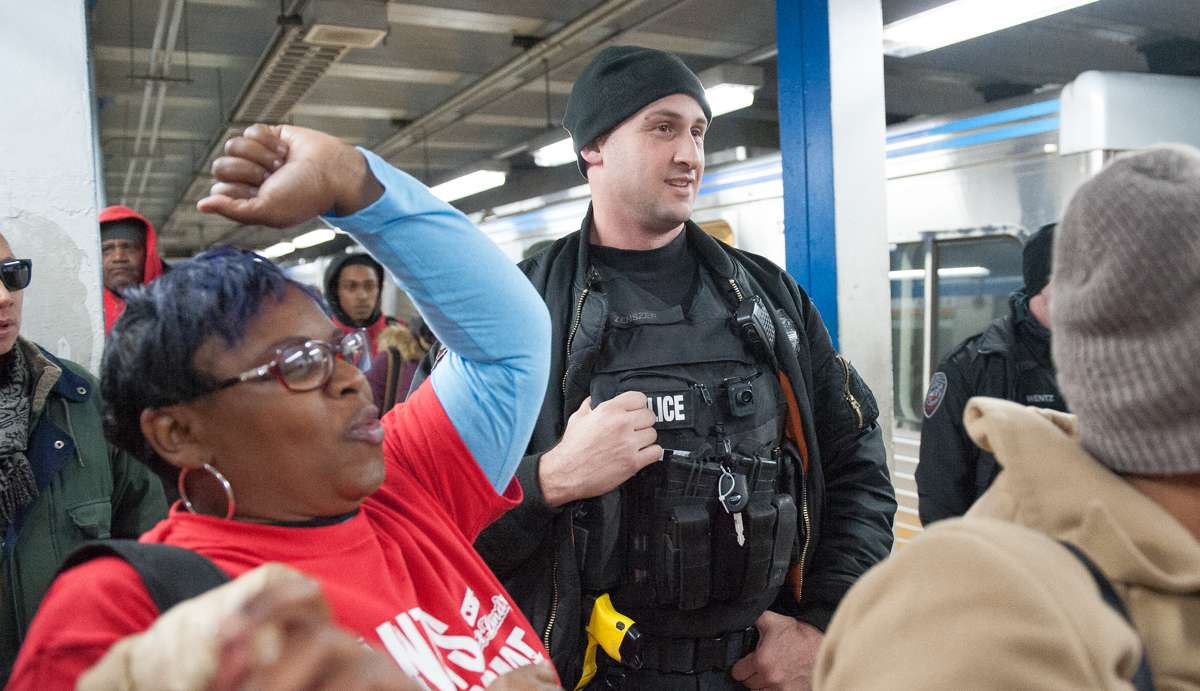
An amused SEPTA Police Officer watches the No Pants participants on the Market-Frankford Line platform. (Jonathan Wilson for WHYY)
-
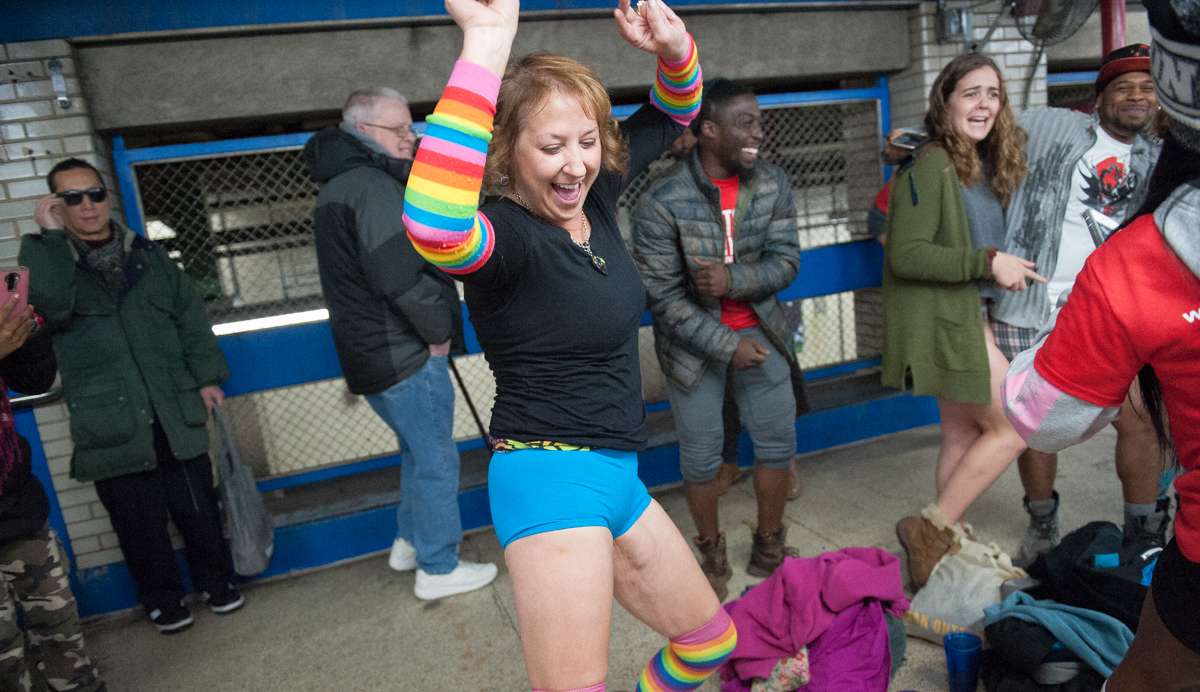
Peggy Kerr dances on the platform of the Market-Frankford Line. (Jonathan Wilson for WHYY)
-

Riders watch the No Pants Subway Riders on the City Hall subway platform. (Jonathan Wilson for WHYY)
-
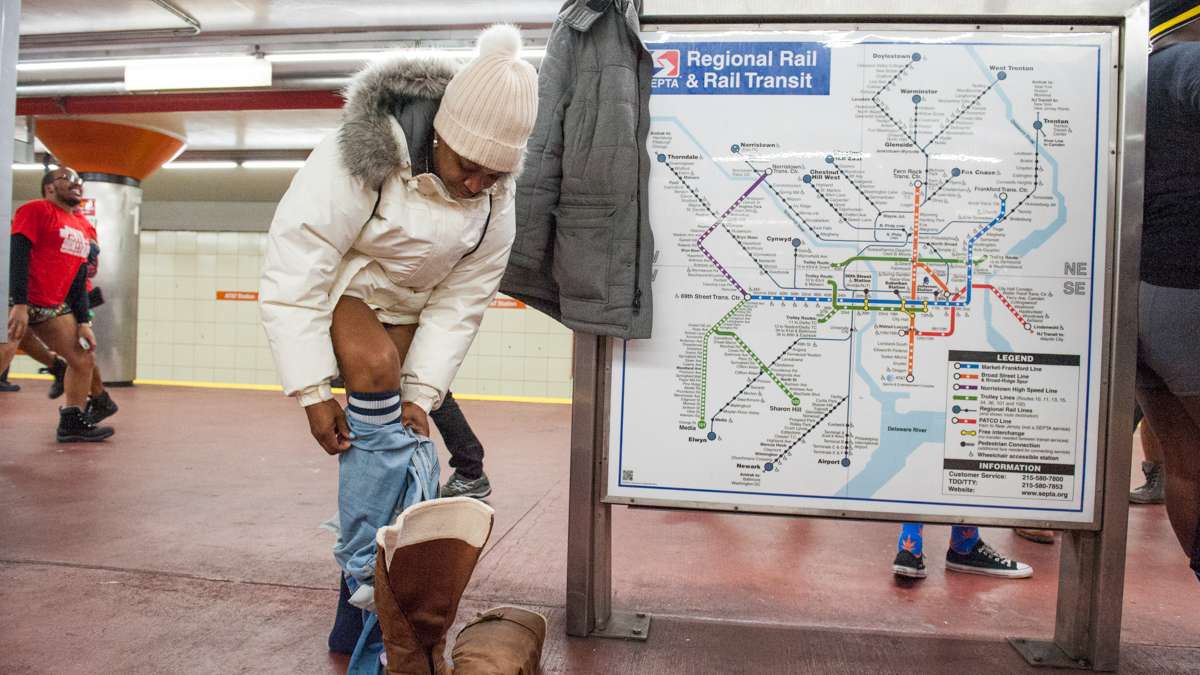
No Pants organizer Takiyah Wall sheds her jeans at the AT&T subway station. (Jonathan Wilson for WHYY)
-

No Pants revelers pose for a photo at the AT&T Station in South Philadelphia. (Jonathan Wilson for WHYY)
-
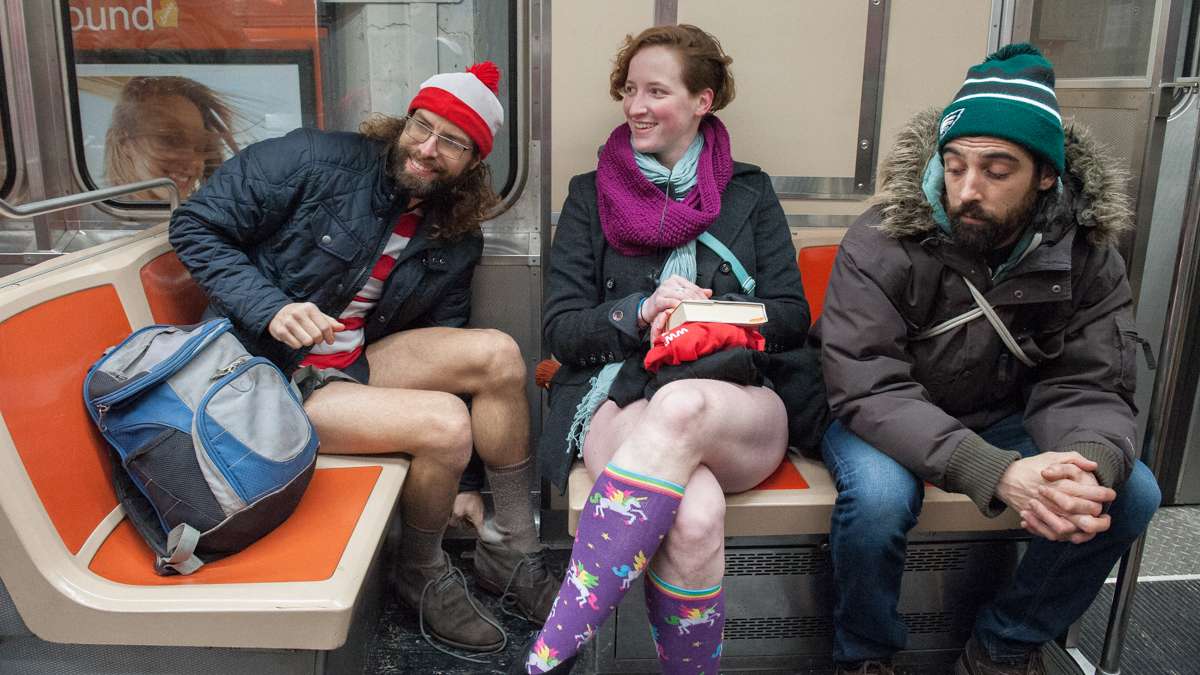
Friends who identified themselves as Waldo (left) and Koryn (center) participate in the No Pants Subway Ride on the Broad Street line. (Jonathan Wilson for WHYY)
-
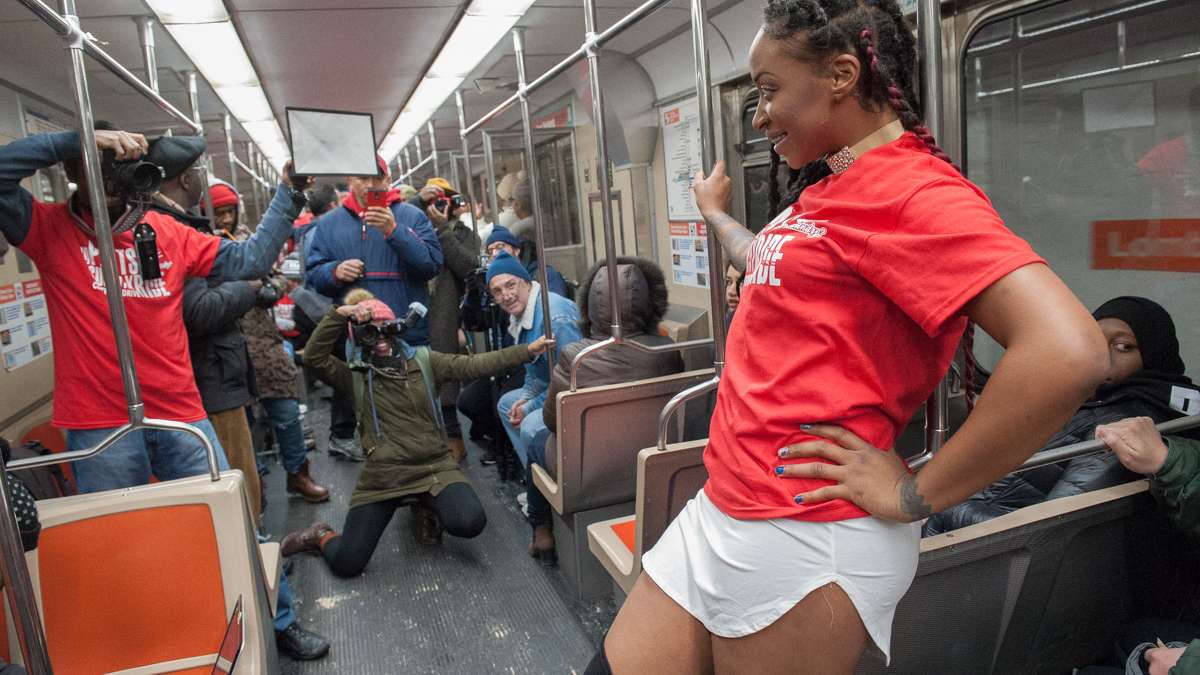
Kenji Butler poses for photos as the Broad Street Subway heads south. (Jonathan Wilson for WHYY)
-
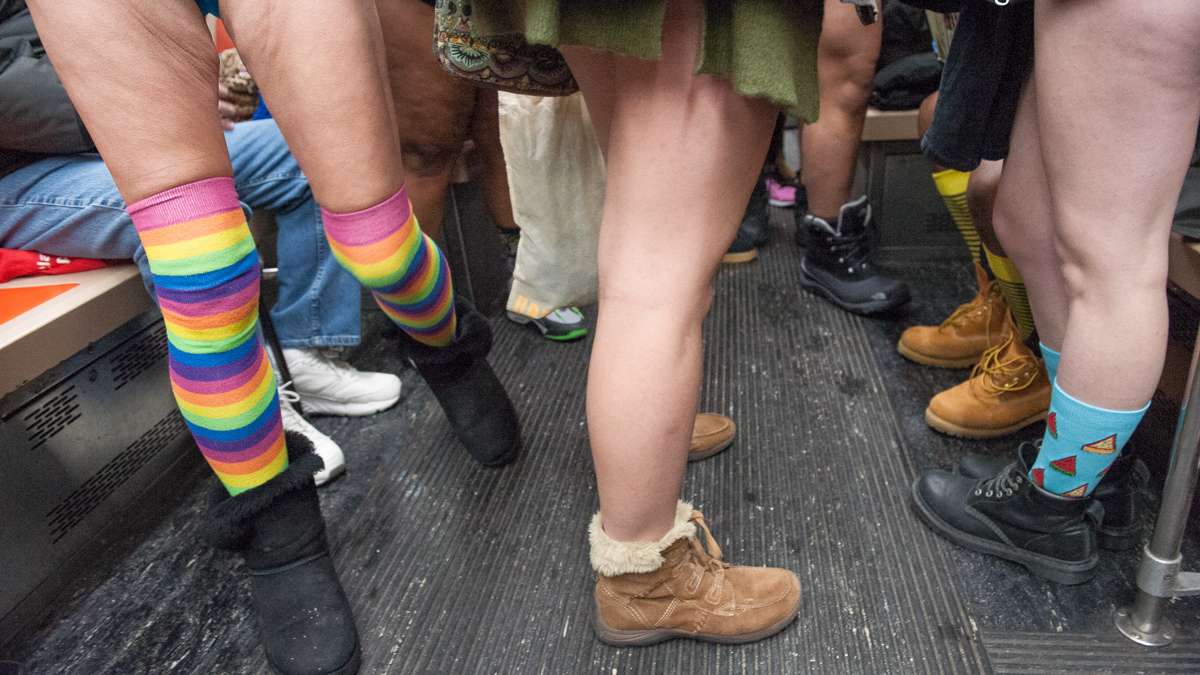
No Pants revelers removed their pants after boarding the southbound Broad Street subway. (Jonathan Wilson for WHYY)
-

-

-
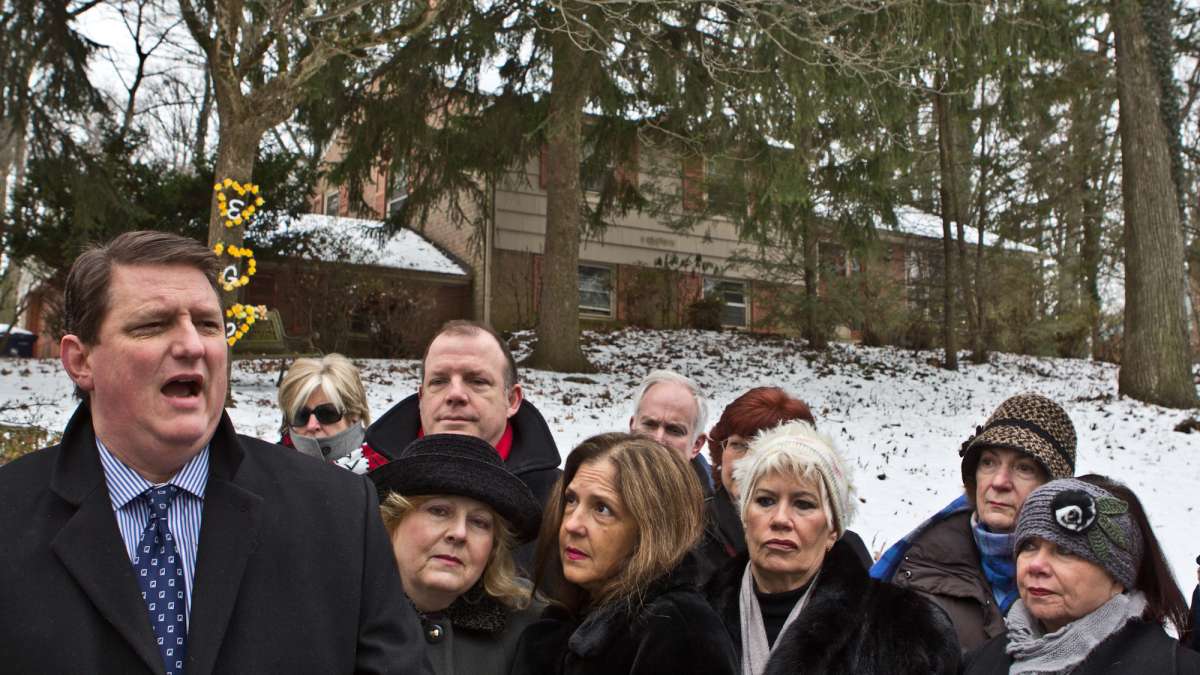
-
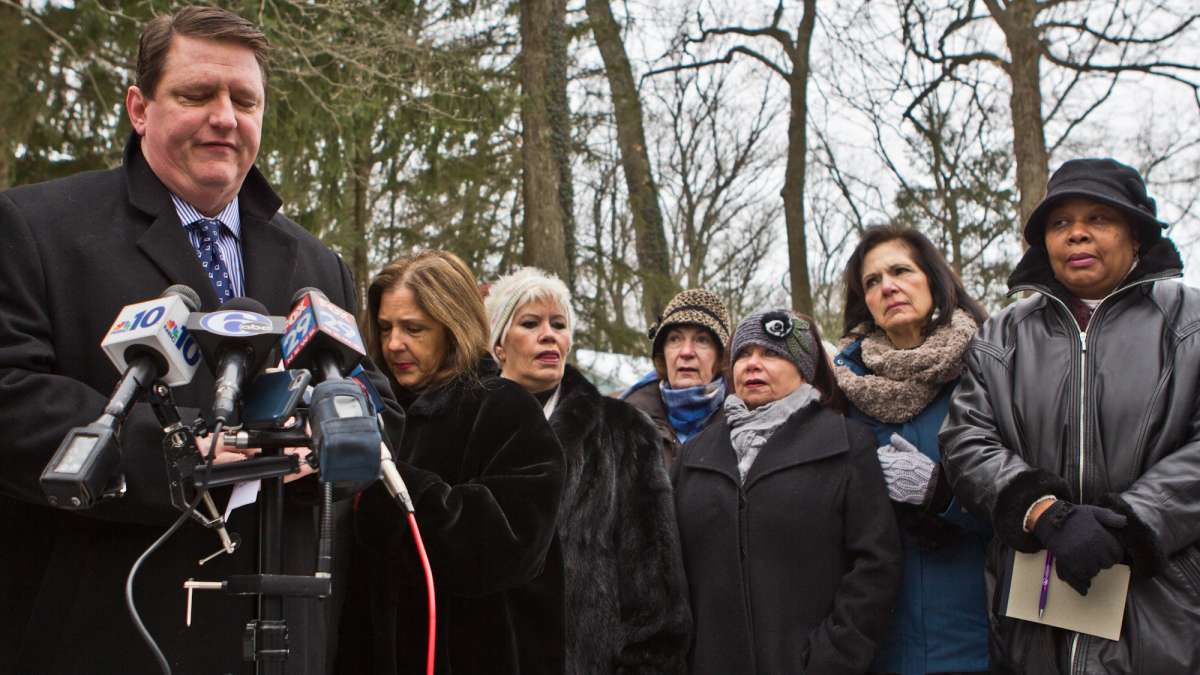
-

-

-

-
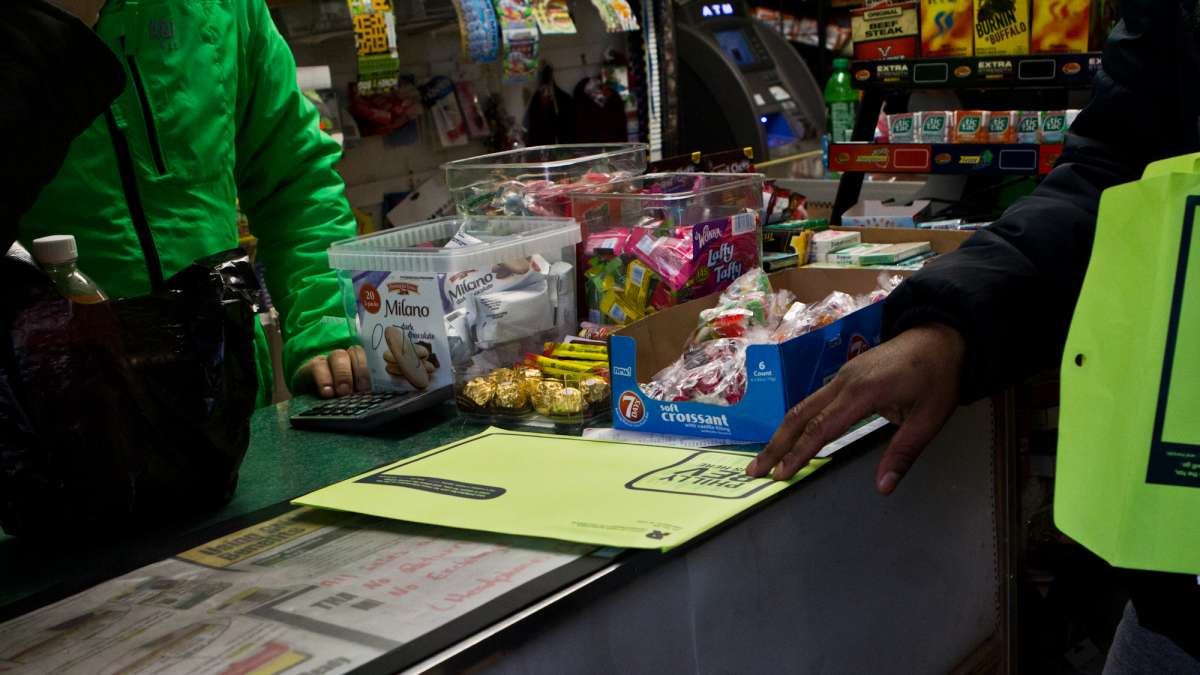
-
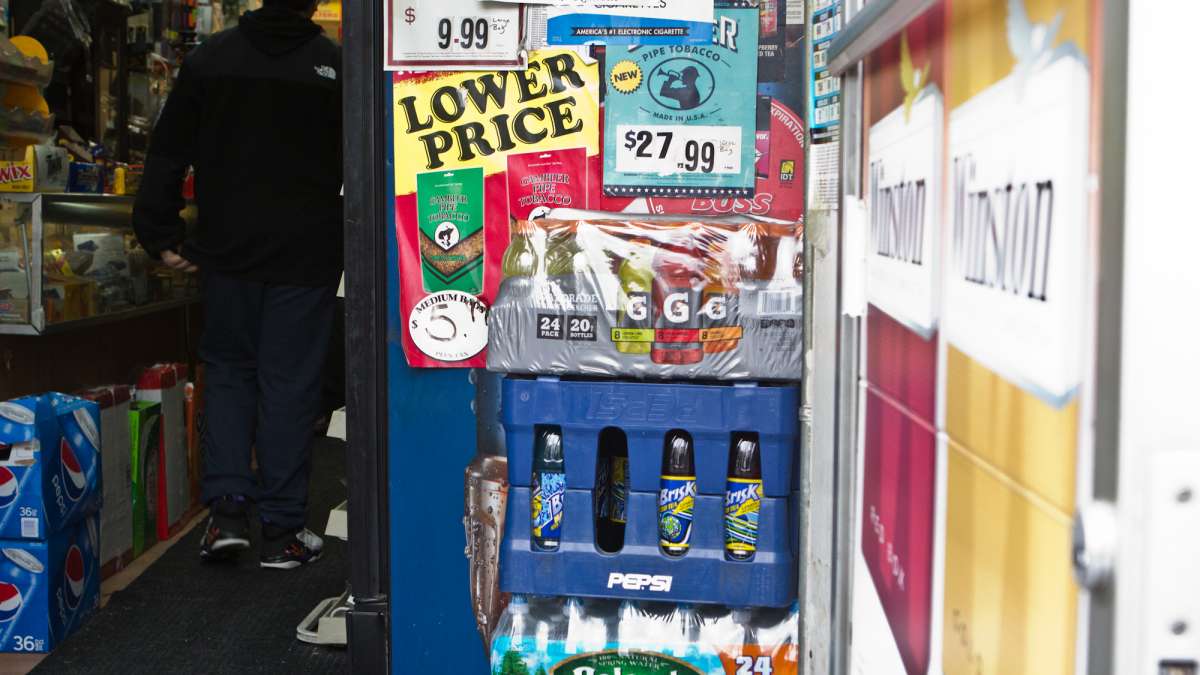
-

-
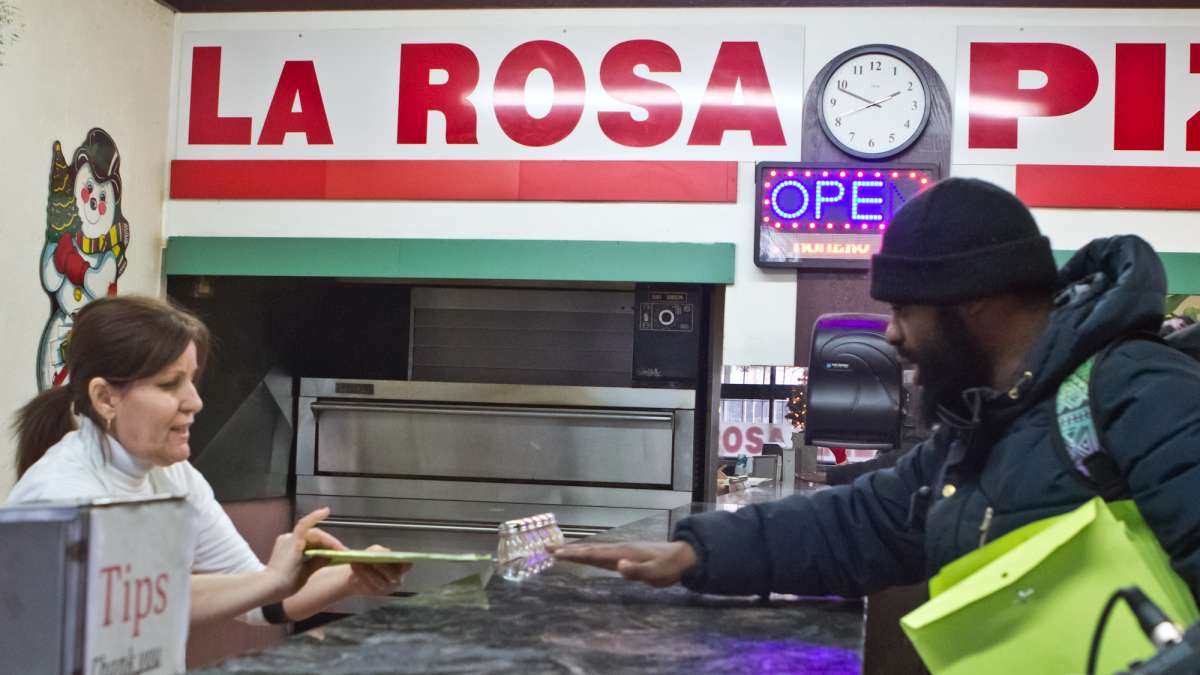
-
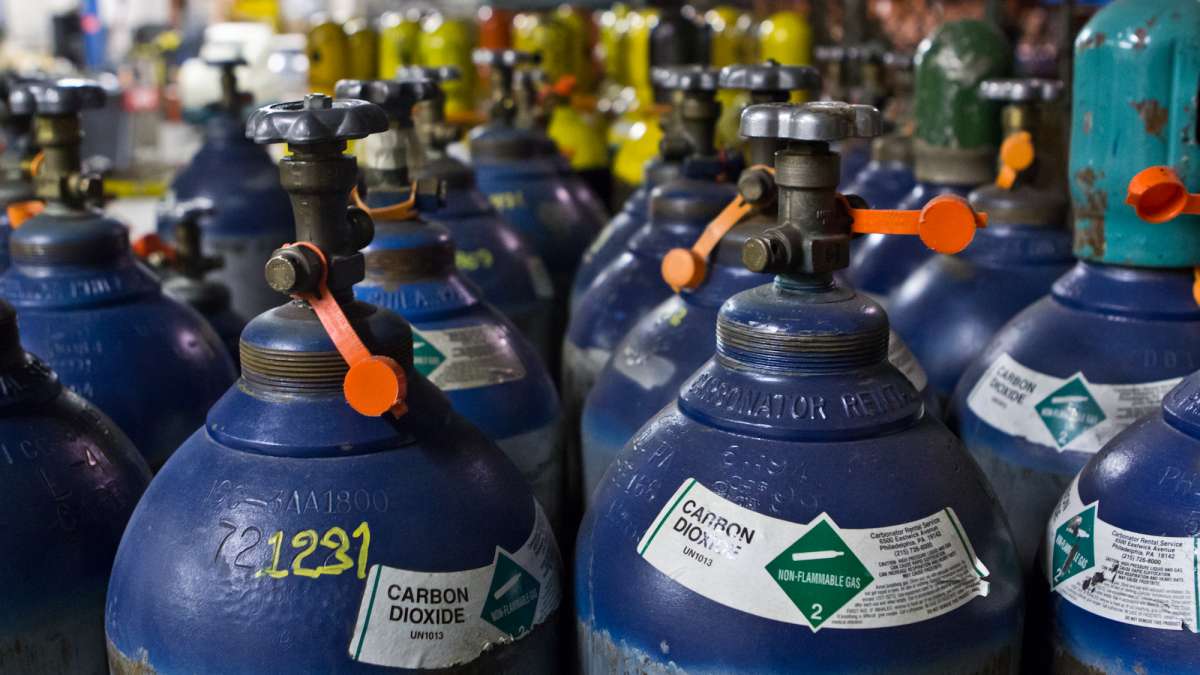
-
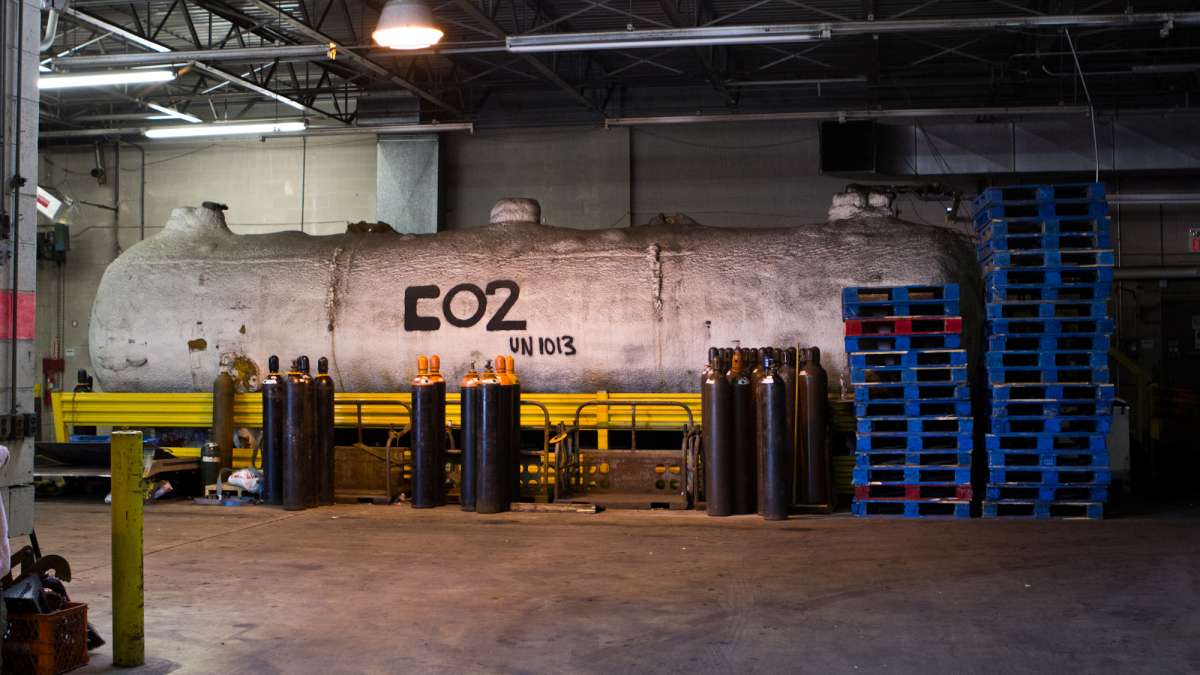
-
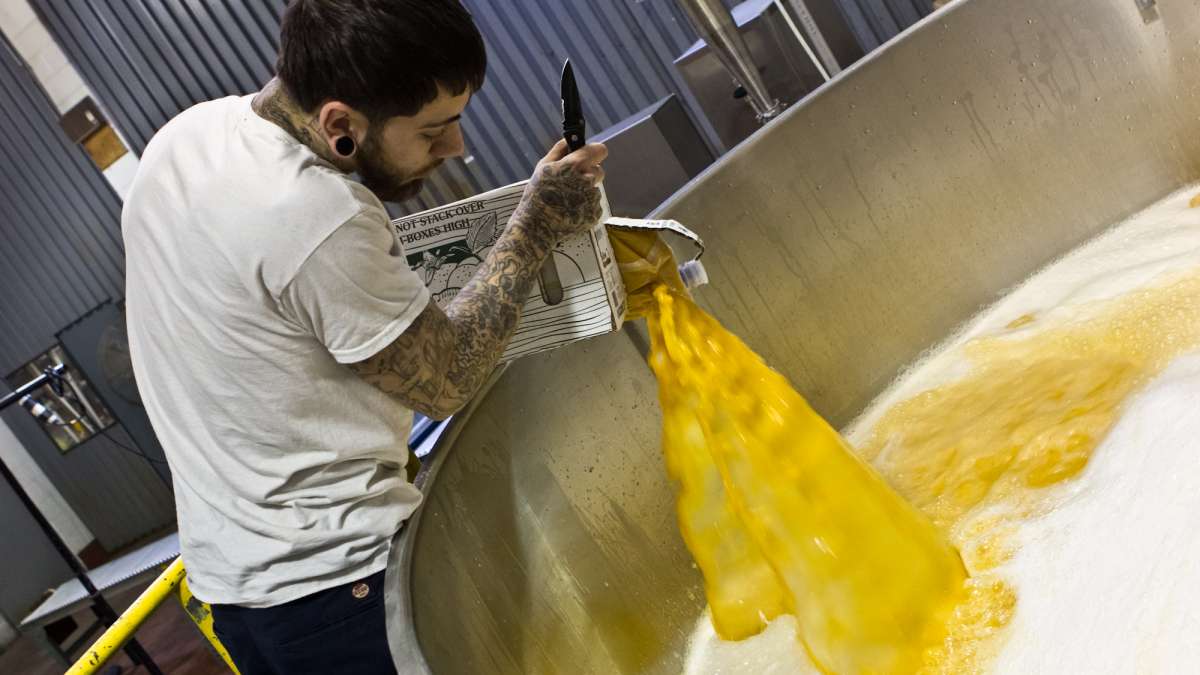
-
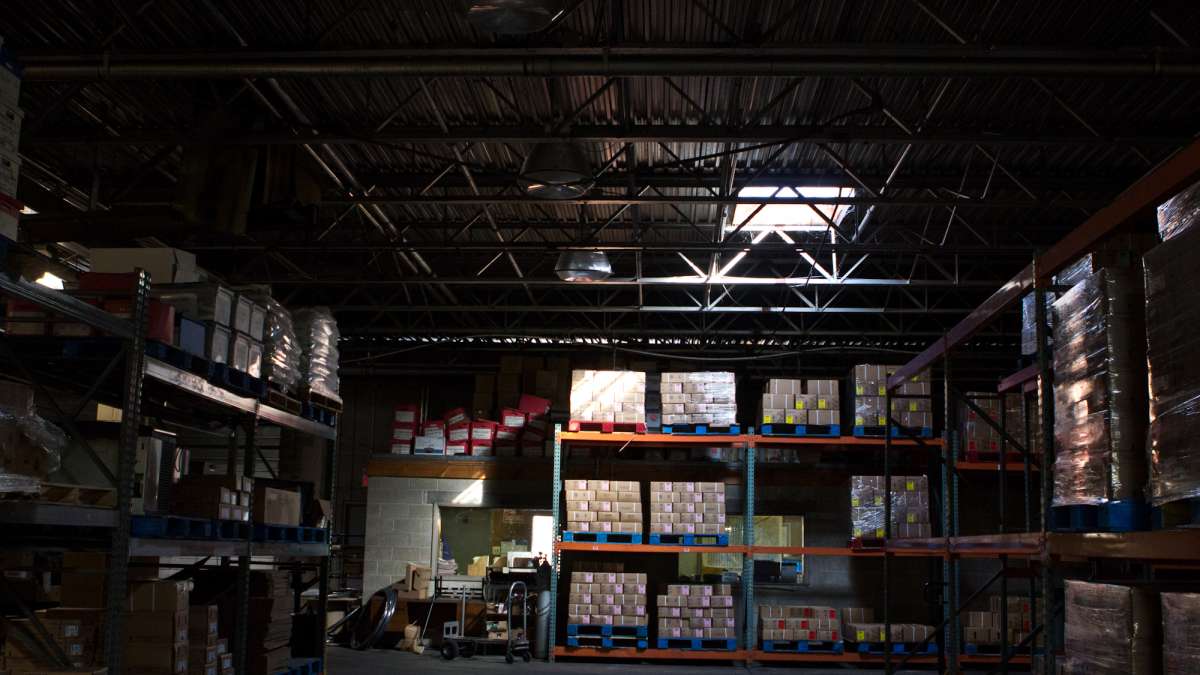
-

(WHYY file photo)
-
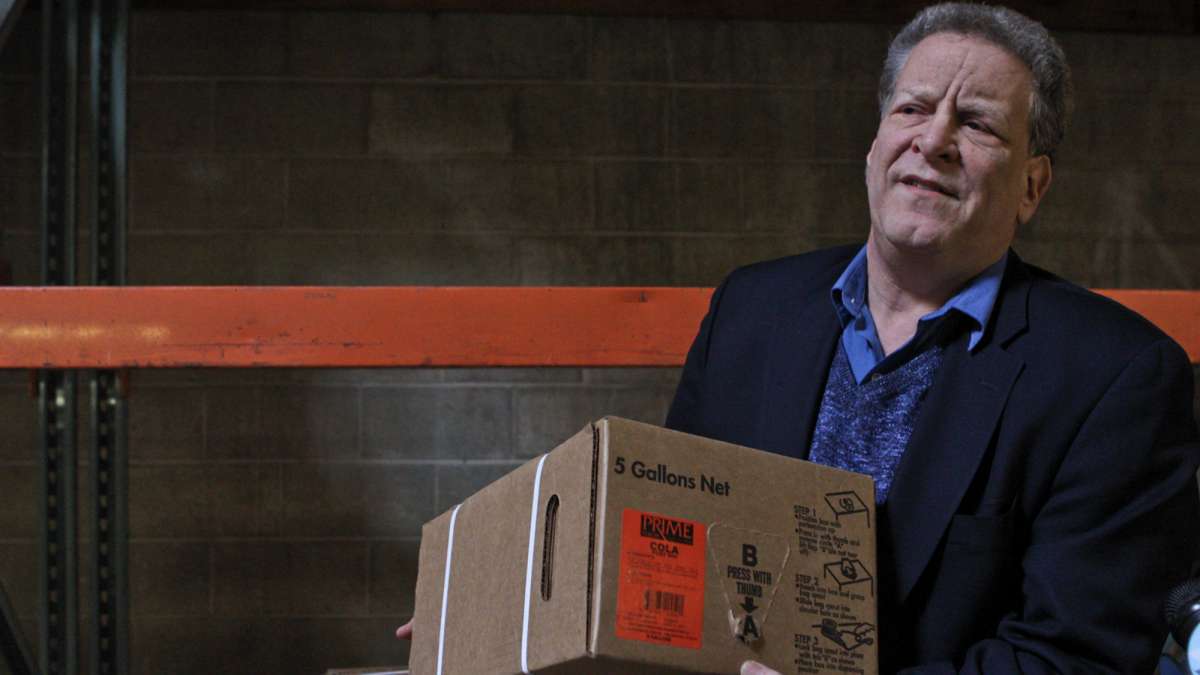
-

-

-

-

-
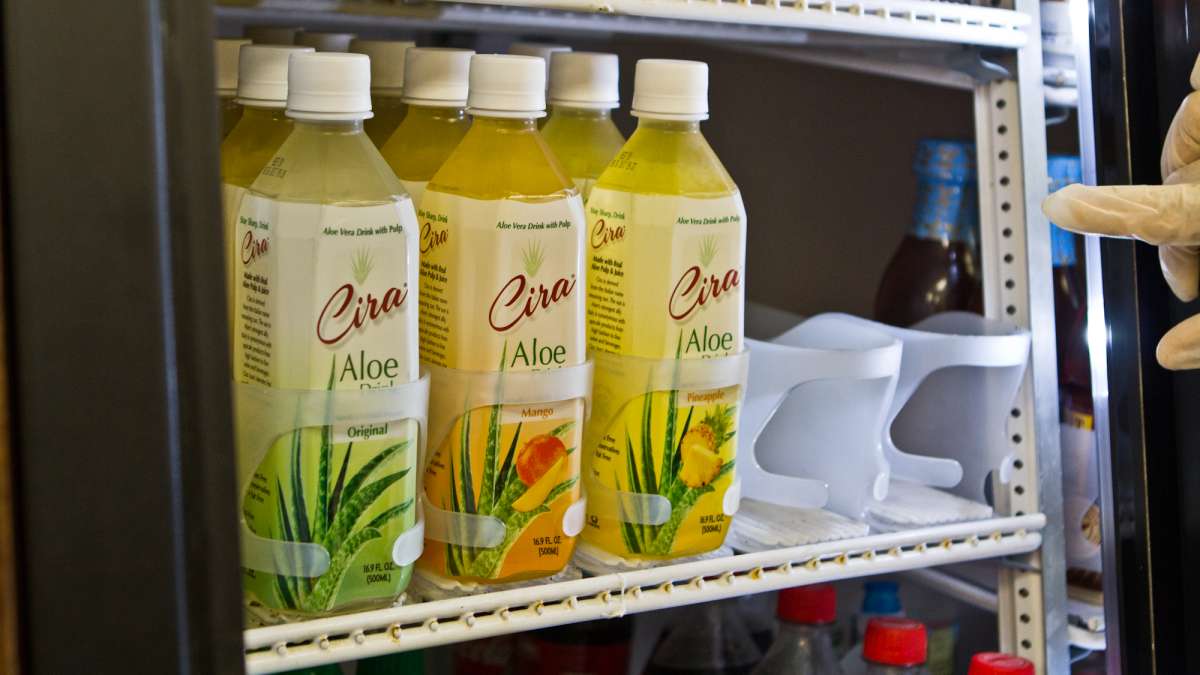
-

-

-

-

-
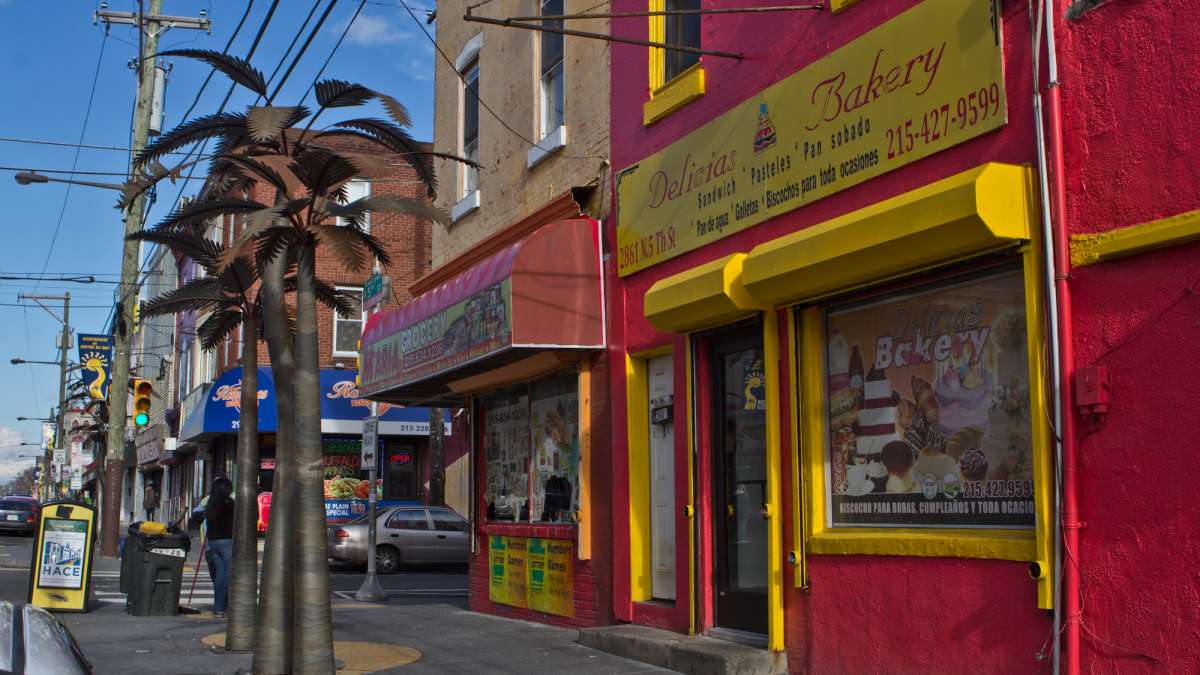
-

If you’ve bought a soda in Philadelphia recently, you probably paid more for it than you would have a week ago, thanks to the city’s new tax on sweetened drinks that went into effect on Jan. 1.
Philadelphia’s 1.5-cents-per-ounce tax on soda, iced teas, and other sugary drinks is levied on beverage distributors — the companies that sell drinks to retailers such as restaurants, corner stores, and supermarkets.
However, so far, consumers appear to be bearing the full brunt.
According to the city, more than 130 distributors have registered to pay the tax, including major corporations such as The Coca-Cola Company, Sunny Delight, and Sysco, as well as independent business owners like Andy Pincus.
Pincus owns and operates Carbonator Rental Services, the company his father started in 1955 in the midst of the malt shop era.
The air inside his warehouse in Southwest Philadelphia has a lightly sweet smell, which emanates from the small manufacturing facility where his employees mix large vats of private-label syrup. The rest of the warehouse is lined with row after row of cardboard boxes, many of them filled with 5-gallon bags of syrup waiting to be mixed with fizzy water and dispensed from soda fountains.
Just one 5-gallon box of syrup makes about 3,840 ounces of soda or 192 20-ounce cups. Depending on whether it’s his own label or a national brand like Coca-Cola, Pincus charges anywhere from $60 to $90 per box.
But now, every time he sells one to a customer in Philadelphia, Pincus owes the city $57.60 in taxes.
“We’re not talking about a couple of bucks on a $60 item,” he said. “We’re talking about $57.60 on a $60 item. It’s too big not to pass on.”
Pincus explains it this way: For every 5-gallon box of syrup he sells, he says he makes between $3 and $18 in gross profit — that’s the price he sells it for minus the cost he pays the manufacturer. Out of that, Pincus has to pay his delivery truck drivers, buy gas for the truck and cover other costs of doing business. That means he can’t afford to absorb the tax himself.
But some of his customers were not happy when they got their new bills last week.
“They started yelling at my drivers as if they have something to do with it,” Pincus said. “Customers telling them, ‘This isn’t right. This can’t be right,’ as if we’re making a mistake.”
Others are simply passing the full cost of the tax along to their customers.
Alan Giannone runs a catering business and restaurant in Northeast Philadelphia, and, every month, he buys eight of those big syrup boxes for his soda fountain. Now, those boxes will cost him more than $400 extra every month.
Starting Saturday, the price of a glass of soda at Giannone’s Village Restaurant went up 30 cents to $2.95.
“Twenty ounces costs me 30 cents extra,” he said. “I’m only charging what they’re charging me.”
He’s also stopped offering free refills and is now charging his customers 50 cents for every subsequent glass of soda.
Costs may ease for consumers
Just one week into the new tax, many retailers throughout Philadelphia, including corner stores and supermarkets, are also raising their beverage prices by the full amount.
But that may not always be the case.
In Berkeley, California, the only other city in America with a sweetened-drinks tax, a November 2015 study found consumers pay between 30 and 70 percent of the penny-per-ounce tax there, depending on the beverage. The study by the University of California, Berkeley and the University of North Carolina, Chapel Hill found the price of soda increased by 0.69 cent per ounce and the price of sweetened teas by 0.32 cent per ounce.
“I think, after a while, things will shake out,” said Steven Balsam, an accounting professor at Temple University’s Fox School of Business.
He thinks that, eventually, distributors and retailers in Philadelphia will start to absorb some of the tax and lower their prices. He says it’s Economics 101: when products cost more, people buy less.
“And when sales go down, the retailers, the wholesalers, they get more competitive, they don’t like to lose the business, so they will absorb some of that tax,” Balsam said.
Philadelphia’s new law does not require distributors to pass on the tax, but Pincus and other distributors insist they have no choice.
“This is a very competitive industry,” he said. “If any one of the distributors thought for one moment they could gain a competitive advantage by not passing the tax on, they’d do it, and that hasn’t happened.”
And he doesn’t think it will any time soon.
In the meantime, the soda industry is fighting to overturn the tax in court.
WHYY is your source for fact-based, in-depth journalism and information. As a nonprofit organization, we rely on financial support from readers like you. Please give today.


